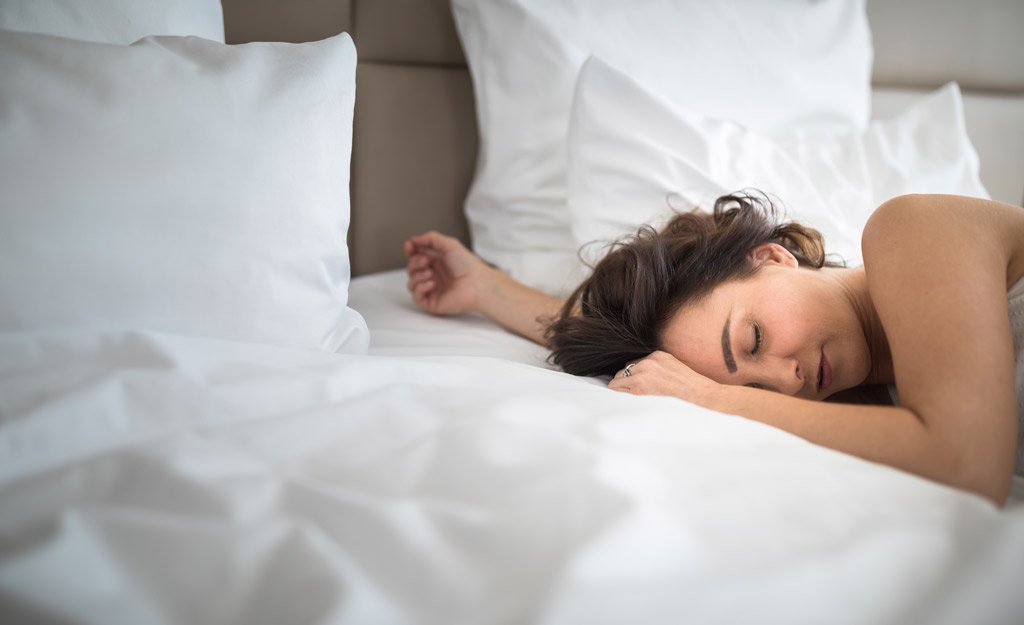How Does Hormone therapy Enhance Sleep Quality?
Sleep is a critical component of overall well-being, but for many individuals—especially as they age—achieving restful, uninterrupted sleep becomes a challenge. Hormones play a crucial role in regulating the body’s sleep-wake cycle, and imbalances in key hormones can severely disrupt sleep quality. As the body matures or experiences stress, hormone levels naturally decline or fluctuate, impacting processes such as temperature control, mood regulation, and circadian rhythms. This is where Hormone replacement therapy Dubai comes into play as a potential method to restore hormonal balance and improve sleep.
How Hormones Affect Sleep Patterns?
Hormones such as melatonin, estrogen, progesterone, testosterone, and cortisol directly influence sleep behavior. When their levels drop or spike, it can result in insomnia, night sweats, restless sleep, or early waking.
Key Hormones Influencing Sleep
| Hormone | Function in Sleep Regulation |
|---|---|
| Melatonin | Controls circadian rhythms; helps initiate sleep |
| Estrogen | Regulates serotonin; influences sleep stability |
| Progesterone | Calming effect on brain; supports deep sleep |
| Testosterone | Maintains REM cycles; improves sleep efficiency |
| Cortisol | High at waking; should drop at night to allow rest |
What Is Hormone Therapy?
Hormone therapy involves restoring or balancing hormone levels using bioidentical or synthetic hormones. It is commonly used to treat symptoms related to aging, menopause, andropause, or hormonal disorders. While often associated with improving energy and mood, it also has a significant impact on sleep.
Who Can Benefit From Hormone Therapy for Sleep?
Hormone therapy can enhance sleep in individuals experiencing:
Menopause or perimenopause (estrogen/progesterone decline)
Andropause in men (testosterone drop)
Chronic insomnia linked to hormonal fluctuations
Night sweats or hot flashes disrupting sleep
Anxiety or mood issues affecting rest
Treatment Process: How Hormone Therapy Is Administered
The process for initiating hormone therapy to improve sleep typically follows a structured medical evaluation. Here’s how it works:
Initial Consultation & Hormone Testing
Hormone levels are tested via blood, saliva, or urine samples.
Sleep patterns, mood changes, and lifestyle habits are evaluated.
Personalized Treatment Plan
Based on the results, a tailored regimen is created.
Hormones are chosen (estrogen, progesterone, testosterone, etc.) based on the deficiency.
Hormone Delivery Methods
| Method | Description |
|---|---|
| Pills/Tablets | Daily oral supplements for hormone balance |
| Patches | Worn on the skin for consistent absorption |
| Topical Creams | Applied directly to skin for localized impact |
| Injections | Administered on a regular schedule |
| Pellets | Implanted under the skin for slow release |
Monitoring and Adjustments
Regular follow-up appointments to check hormone levels.
Sleep tracking and symptom updates to fine-tune the therapy.
Benefits of Hormone Therapy on Sleep Quality
Hormone therapy offers a wide range of benefits when used to target sleep-related hormonal deficiencies. These improvements are not only limited to sleep duration but also overall sleep experience.
Benefits of Hormone Therapy for Sleep
| Benefit | How It Helps |
|---|---|
| Deeper Sleep | Progesterone induces calming effects on the brain |
| Fewer Night Awakenings | Estrogen stabilizes sleep cycles |
| Improved REM Cycles | Testosterone enhances sleep architecture |
| Reduced Night Sweats | Hormonal balance lessens hot flashes and sweating |
| Less Anxiety & Mood Swings | Balanced hormones support emotional regulation |
| Faster Sleep Onset | Melatonin and estrogen restore circadian rhythms |
Scientific Support for Hormone Therapy’s Role in Sleep
Clinical studies have shown that hormone therapy improves both objective and subjective sleep outcomes:
Women on estrogen-progesterone therapy reported longer sleep duration and fewer night awakenings.
Men undergoing testosterone replacement showed enhanced REM sleep and fewer disruptions.
Those with low melatonin levels experienced improved sleep onset after hormone balancing.
Common Hormonal Sleep Disruptions by Gender
In Women
Perimenopause and menopause often result in reduced estrogen and progesterone levels.
These changes trigger night sweats, hot flashes, and fragmented sleep.
In Men
Low testosterone levels may lead to sleep apnea, shallow sleep, or increased nocturnal awakenings.
Hormone therapy can aid in reversing these issues and restoring better sleep patterns.
Is Hormone Therapy Safe for Everyone?
While hormone therapy can be highly beneficial, it isn’t suitable for everyone. A thorough assessment by a professional is essential. Factors such as medical history, age, lifestyle, and goals are considered before initiating treatment.It’s also important to monitor progress closely and adjust dosages accordingly. The goal is to restore balance, not exceed natural hormone levels.
When Can You Expect Results?
Most individuals notice improvements in sleep within a few weeks to a couple of months. The timeline depends on:
Type of hormone used
Method of delivery
Severity of imbalance
Adherence to the treatment plan
FAQ’s:
Can hormone therapy cure insomnia?
Hormone therapy can significantly reduce insomnia caused by hormonal imbalance. However, if the root cause is unrelated (like stress or sleep disorders), additional treatments may be necessary.
Are bioidentical hormones better for sleep than synthetic ones?
Some individuals report better tolerance and results with bioidentical hormones because they mimic the body’s natural hormones more closely.
How do I know which hormone is affecting my sleep?
Testing your hormone levels is essential. Symptoms may suggest an imbalance, but accurate diagnosis requires lab results and professional evaluation.
Will hormone therapy help with night sweats and hot flashes?
Yes, especially estrogen and progesterone therapy can alleviate these symptoms, leading to better sleep comfort and continuity.
Can hormone therapy be combined with other sleep aids?
It can be, but only under professional supervision. Combining therapies without guidance may disrupt hormone levels or interfere with natural sleep cycles.
Conclusion
Hormone therapy is a powerful option for individuals facing sleep disturbances due to hormonal imbalances. By targeting the root of the problem—whether it’s a dip in estrogen, testosterone, melatonin, or progesterone—it helps reset the body’s natural rhythms and support deep, restorative sleep.
